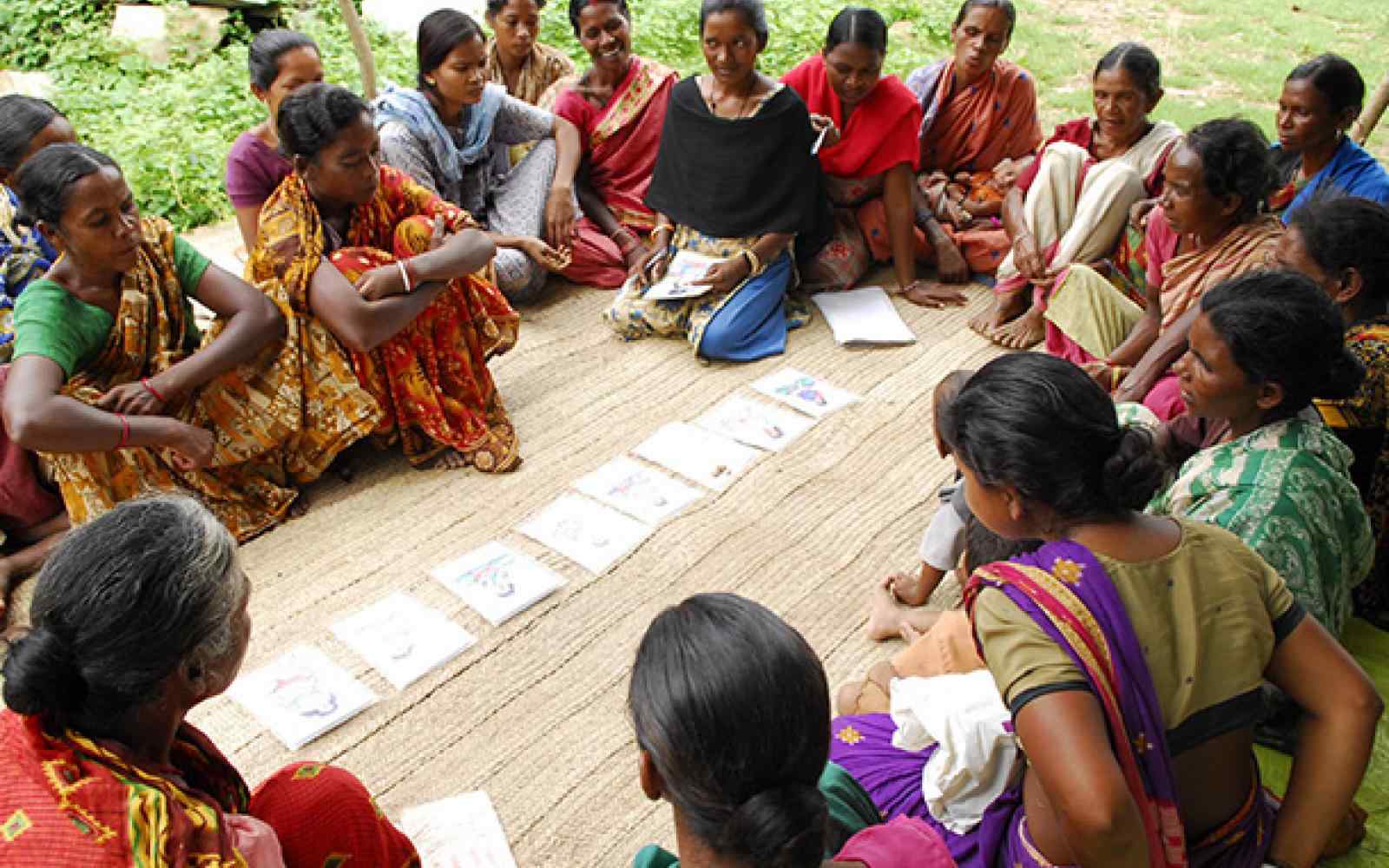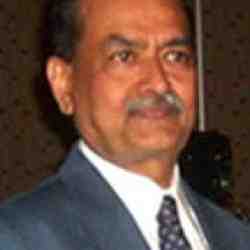Maternal Health Solutions - Prasanta Kishore Tripathy

The first 28 days of a newborn’s life are critical. Forty-five percent of global, under-five deaths happen during this period with an average of 7,000 newborn deaths every day. These four weeks after an infant’s first breath are additionally challenging for mothers who experience 830 deaths a day due to related complications. In total, these weeks amount to nearly 3,000,000 women and newborn deaths around the world.
According to the World Health Organization, this trend is too apparent in India where the annual number of neonatal deaths--695,850--leads to a neonatal mortality rate of 28. The most distressing fact is that 75 percent of these deaths worldwide are preventable. Dr. Prasanta Kishore Tripathy and his wife, Dr. Nirmala Nair, understood that to reverse these outcomes, they must engage directly with the women impacted most.
With the core value to “respect people’s knowledge systems and abilities,” the couple created Ekjut where they apply a PLA (participatory learning and action) model as an intervention in neonatal and maternal deaths. Empowering rural communities to take control of the dismal numbers surrounding neonatal deaths, Ekjut facilitates PLA to dramatically reduce newborn mortality.
In the program’s first three years, the number of newborn deaths in the targeted 193 villages of Jharkhand and Odissa states decreased by 45 percent. There was a 20 percent reduction in maternal mortality and a 57 percent reduction in postnatal depression. The model is simple. A grassroots facilitator visits women one-by-one. The facilitator discusses the women’s cultural practices and preferences. The facilitator convenes these women over a series of ten interactive and reflective monthly meetings. All community members are welcome to observe, and men are often found sitting and listening nearby. Utilizing a range of methodology including role playing, visual cards, dummy dolls, storytelling, street theatre, dancing and singing, participating women identify and prioritize problems of pregnancy and childbirth. They collectively choose the most crucial problems and set out to develop accessible solutions.
Ekjut’s achievements are all the more striking on two counts. Firstly, Jharkhand and Orissa, which have a high proportion of marginalised tribes, are among a cluster of poor states which, between them, account for the lion’s share of India’s one million infant deaths and 78,000 maternal deaths per year...secondly, the areas are marred by conflict between left wing insurgents and the Indian government.
- The Guardian
At the program’s conclusion, the women gather everyone in the village to share their learnings and strategies. They ask for help and cooperation from all, as well as demand their rights and entitlements from the government. The entire village now begins a supportive journey towards better and healthier lives.
Having previously worked with isolated and marginalized communities in Jharkhand state, the couple understood the challenges inherent to this region: poverty, illiteracy, lack of infrastructure and poor service delivery. Despite the fact that the link between socio-economic disadvantage and health disadvantage has serious consequences--one-third of global childhood deaths are attributable to inequalities in socio-economic mortality--Ekjut also recognized the value of a woman’s drive to save a child.
Recognized as a 2015 Public Health Champion by the World Health Organization, Ekjut’s resulting approach has proved an effective and integral element of designing improved healthcare systems.
As government entities adopt and replicate this model, Dr. Tripathy continues to scale Ekjut not only across India, but by applying its model to several aspects of a mother’s and a child’s life cycle. After years of continued success, the vast number of partnerships between international and local communities are activating the purest mission of Ekjut’s Hindi translation: “coming together for a cause.”
